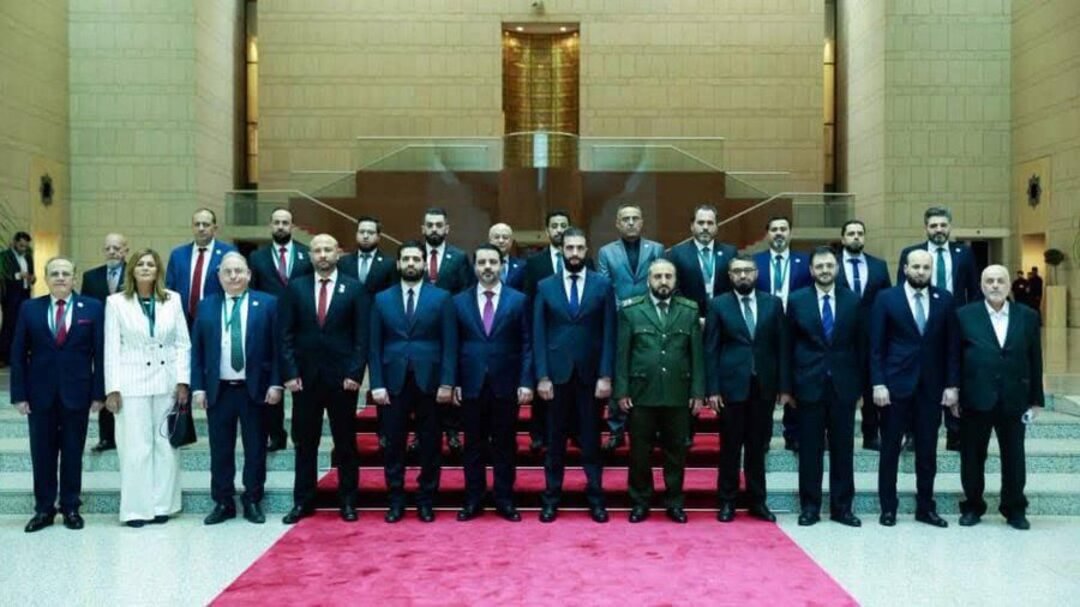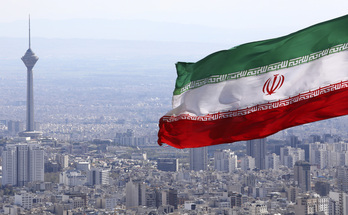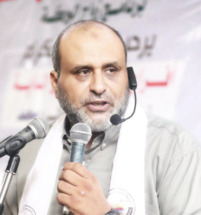-
Syria... Ministers of Transitional Government Take Oath Amid Promises of Reform
-
The ministerial composition indicates an attempt to satisfy some societal components while excluding others, raising questions about the inclusiveness of representation and prospects for national reco

Syria's interim transitional President Ahmed al-Shara announced on Saturday the formation of Syria's interim caretaker government, emphasizing the country's intention and commitment to addressing social and economic issues and human rights concerns in the state.
This step comes amid significant internal and external challenges, as Syria faces unprecedented economic and humanitarian difficulties.
During the ceremony announcing the formation of the new government, al-Shara emphasized efforts toward "building the nation and overcoming challenges and difficulties." This statement raises questions about the interim government's ability to achieve these goals in light of internal divisions and external interventions.
He committed himself to "building a strong national army to protect Syria," in addition to working to build "a homeland worth sacrificing for." These promises reflect an attempt to enhance local legitimacy but clash with the reality of multiple military forces controlling different regions of the country.
He also noted that he would seek to "attract Syrian human resources from abroad" and "establish an effective response system for any emergency." However, the process of recovering emigrated Syrian talents faces several challenges, most notably the absence of security and economic stability and the lack of guarantees for rights and freedoms.
Al-Shara added: "Our future plan will be based on developing human resources," which is viewed as an attempt to rebuild institutional capabilities that have been severely affected during the long years of conflict.
For his part, the Foreign Minister in the interim government, Asaad al-Shaibani, began his speech after taking the constitutional oath by saying that "the new government will reflect the will of the Syrian people," noting that the country is witnessing "the first government with free will."
These statements contradict the reality of the absence of free and fair elections and the lack of transparent mechanisms to ensure representation of all segments of Syrian society.
The Defense Minister in the interim Syrian government, Murhaf Abu Qusra, explained that "the Ministry of Defense will be a support for every Syrian." However, forming a unified military institution faces major challenges in the presence of multiple armed factions and sharp political and geographical polarization.
Justice Minister Mazhar al-Weis stated after taking the oath before al-Shara: "We will work to achieve justice and do justice to the victims." Transitional justice and national reconciliation issues are considered among the most sensitive and complex files after years of conflict and human rights violations.
The interim government included limited diversity in ministerial positions, with one ministry divided equally between Christians and all Syrian women, while a pro-transitional government Druze minister opposed to Sheikh al-Hajri was appointed, in addition to a Kurdish minister not affiliated with the Autonomous Administration of North and East Syria.
This distribution reflects a specific vision for the future political composition, considering that certain areas may be subject to special administrative arrangements outside the central government's authority.
The ministerial formation included a number of personalities in various positions, including Anas Khattab as Minister of Interior, Nidal Shaar for Economy, Raed al-Saleh for Emergency and Disasters Ministry, Hind Qabawat as Minister of Social Affairs, in addition to Marwan al-Halabi as Minister of Higher Education.
This government faces enormous challenges in restoring basic services and rebuilding destroyed infrastructure amid resource scarcity and lack of widespread international recognition.
You May Also Like
Popular Posts
Caricature
BENEFIT Sponsors BuildHer...
- April 23, 2025
BENEFIT, the Kingdom’s innovator and leading company in Fintech and electronic financial transactions service, has sponsored the BuildHer CityHack 2025 Hackathon, a two-day event spearheaded by the College of Engineering and Technology at the Royal University for Women (RUW).
Aimed at secondary school students, the event brought together a distinguished group of academic professionals and technology experts to mentor and inspire young participants.
More than 100 high school students from across the Kingdom of Bahrain took part in the hackathon, which featured an intensive programme of training workshops and hands-on sessions. These activities were tailored to enhance participants’ critical thinking, collaborative problem-solving, and team-building capabilities, while also encouraging the development of practical and sustainable solutions to contemporary challenges using modern technological tools.
BENEFIT’s Chief Executive Mr. Abdulwahed AlJanahi, commented: “Our support for this educational hackathon reflects our long-term strategic vision to nurture the talents of emerging national youth and empower the next generation of accomplished female leaders in technology. By fostering creativity and innovation, we aim to contribute meaningfully to Bahrain’s comprehensive development goals and align with the aspirations outlined in the Kingdom’s Vision 2030—an ambition in which BENEFIT plays a central role.”
Professor Riyadh Yousif Hamzah, President of the Royal University for Women, commented: “This initiative reflects our commitment to advancing women in STEM fields. We're cultivating a generation of creative, solution-driven female leaders who will drive national development. Our partnership with BENEFIT exemplifies the powerful synergy between academia and private sector in supporting educational innovation.”
Hanan Abdulla Hasan, Senior Manager, PR & Communication at BENEFIT, said: “We are honoured to collaborate with RUW in supporting this remarkable technology-focused event. It highlights our commitment to social responsibility, and our ongoing efforts to enhance the digital and innovation capabilities of young Bahraini women and foster their ability to harness technological tools in the service of a smarter, more sustainable future.”
For his part, Dr. Humam ElAgha, Acting Dean of the College of Engineering and Technology at the University, said: “BuildHer CityHack 2025 embodies our hands-on approach to education. By tackling real-world problems through creative thinking and sustainable solutions, we're preparing women to thrive in the knowledge economy – a cornerstone of the University's vision.”
opinion
Report
ads
Newsletter
Subscribe to our mailing list to get the new updates!






















